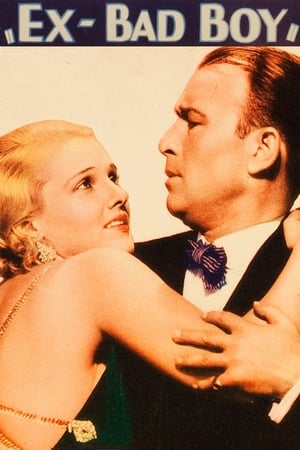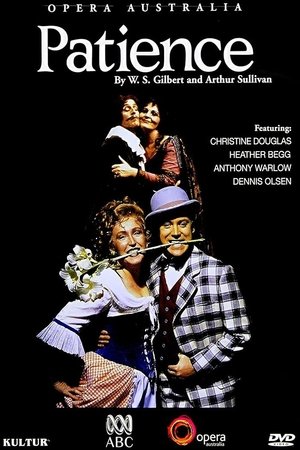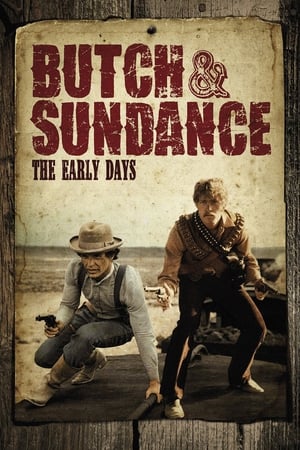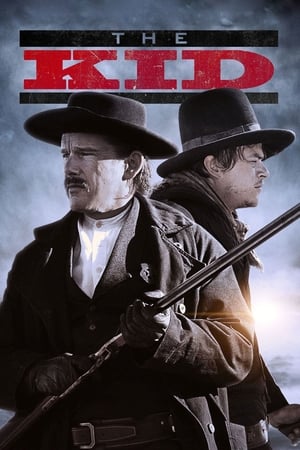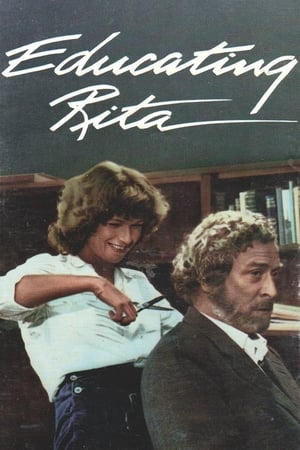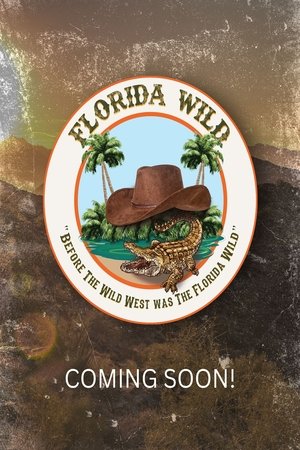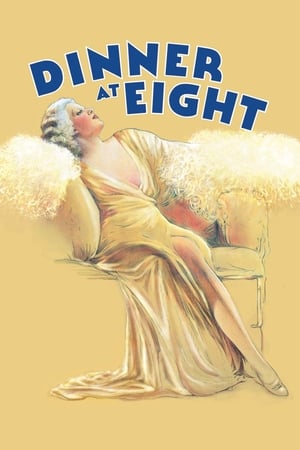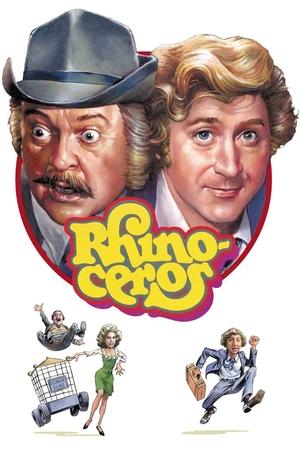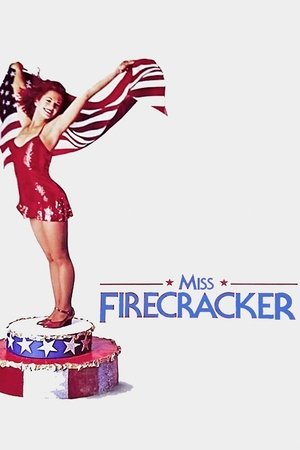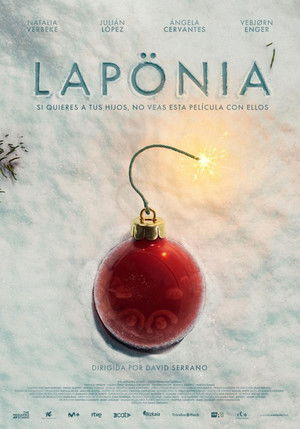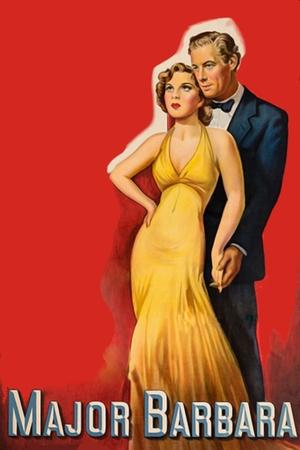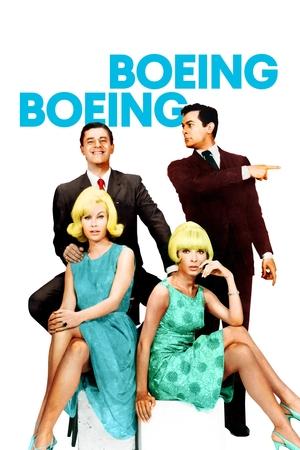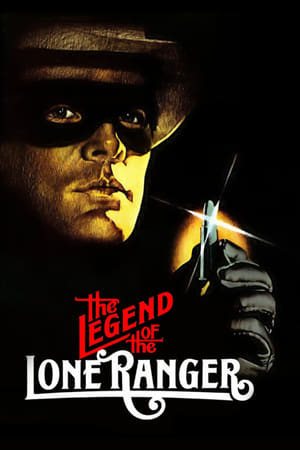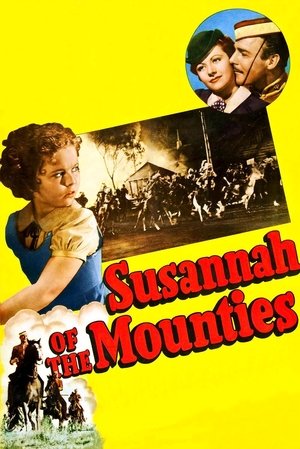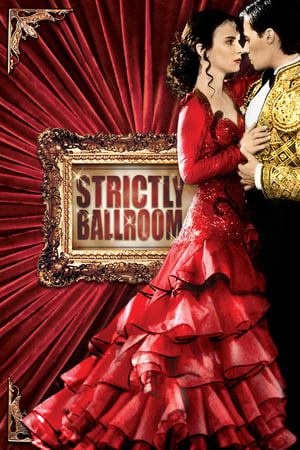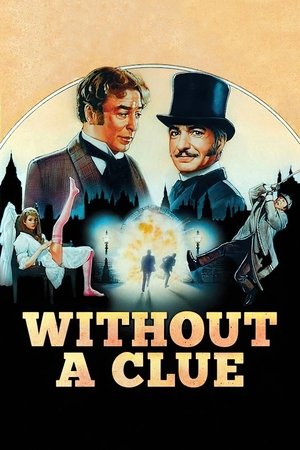Overview
Buffalo Bill plans to put on his own Wild West sideshow, and Chief Sitting Bull has agreed to appear in it. However, Sitting Bull has his own hidden agenda, involving the President and General Custer.
Reviews
_**Tedious arty Western; thoroughly UNentertaining**_
Released in 1976 and directed by Robert Altman, "Buffalo Bill and the Indians, or Sitting Bull's History Lesson" stars Paul Newman as Buffalo Bill Cody, the star of his famous "Wild West Show" in the shadow of the Rockies in 1885. After Chief Sitting Bull of Little Big Horn fame (Frank Kaquitts) arrives with his Number One (Will Sampson), Cody is irked that the chief isn't a slaughtering savage, but is silently heroic and honorable. Cody fires him, but relents when star attraction Annie Oakley (Geraldine Chaplin) sympathizes with Sitting Bull. Then President Grover Cleveland (Pat McCormick ) visits with his entourage.
This is revisionist Western, a "message movie" that Altman uses to criticize popular ideas or myths about the Old West. The titular hero is merely a showbiz creation who can no longer differentiate the truth from his made-up image. He's a blustering fool who asserts to be one with the Wild West, but lives in extravagance, play-acting in his Western circus. His hair is fake, he can no longer shoot straight or track a Native; and all his theatrical duels with owlhoots and Indians are fixed in his favor.
The theme is interesting and the ensemble cast is great (which also includes Burt Lancaster, Kevin McCarthy, Harvey Keitel, John Considine, Noelle Rogers, Shelley Duvall and Denver Pyle, amongst other notables). It should've worked, but it didn't. It's somewhat akin to "Little Big Man" (1970) but less of a comedy and nowhere near as entertaining (not that I'm a big fan of that movie or anything, but at least it has its entertaining moments). While the Wild West circus elicits some entertaining moments (e.g. rodeo stunts) they can't save the flick from being an arty, pretentious, tiresome bomb. Moreover, the principle Native Americans are ironically so one-dimensional and wooden I thought maybe Altman was making a snide aside about "wooden Indians."
Lastly, the ideology is blatantly one-sided against the New Americans, depicting Not-as-New Americans as super-noble while conveniently ignoring their documented dark side, e.g. the heinous torture tactics most tribes inflicted on their captive enemies, including other tribes-people, so as to hinder their condition in the afterlife (the "happy hunting grounds" or whatever). For instance, they'd gouge out enemies' eyes or mutilate their genitals so they (supposedly) wouldn't be able to see or copulate in the after-world. Yup, that's just so virtuous (sarcasm). Actually, I could handle this lopsided perspective if the movie itself were entertaining, but that's hardly the case.
The film runs 123 minutes and was shot in Alberta, Canada, mostly at Stoney Indian Reserve.
GRADE: D

 123 min
123 min
 5.4
5.4
 1976
1976
 USA
USA
 Wuchak wrote:
Wuchak wrote: